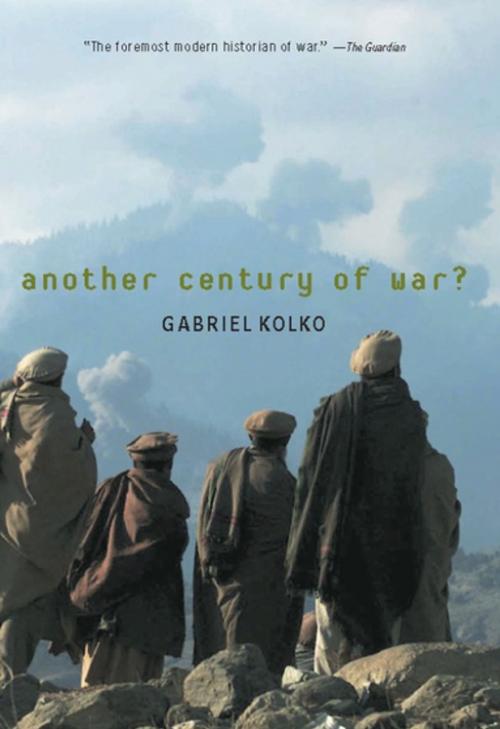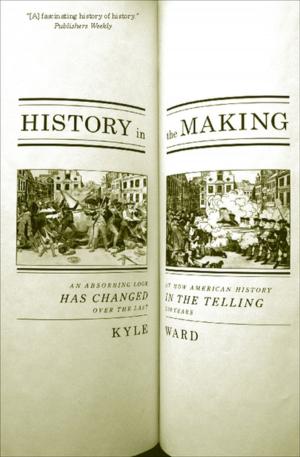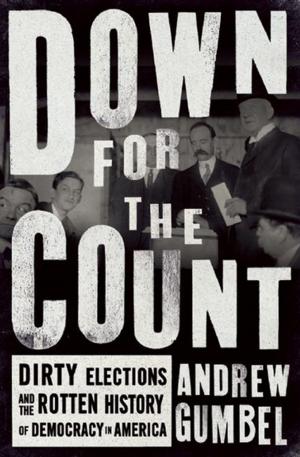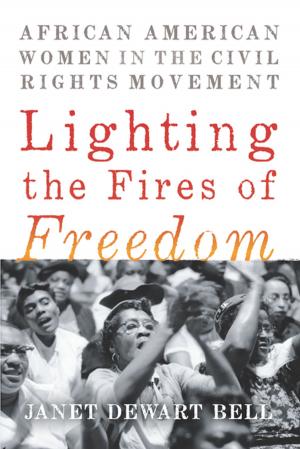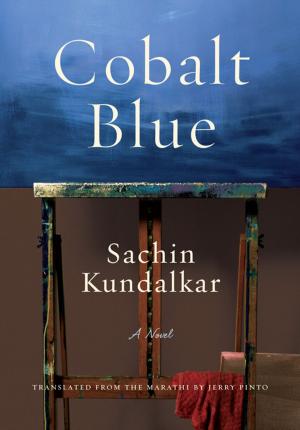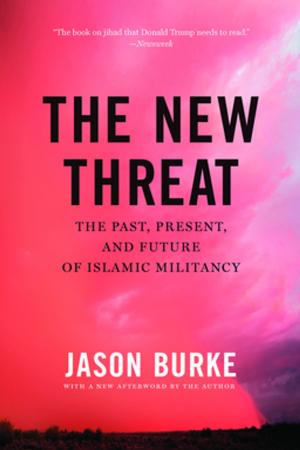Another Century of War?
Nonfiction, Social & Cultural Studies, Political Science, Politics, History & Theory| Author: | Gabriel Kolko | ISBN: | 9781595587282 |
| Publisher: | The New Press | Publication: | May 10, 2011 |
| Imprint: | The New Press | Language: | English |
| Author: | Gabriel Kolko |
| ISBN: | 9781595587282 |
| Publisher: | The New Press |
| Publication: | May 10, 2011 |
| Imprint: | The New Press |
| Language: | English |
Another Century of War? is a candid and critical look at America’s new wars” by a brilliant and provocative analyst of its old ones. Gabriel Kolko’s masterly studies of conflict have redefined our views of modern warfare and its effects; in this urgent and timely treatise, he turns his attention to our current crisis and the dark future it portends.
Another Century of War? insists that the roots of terrorism lie in America’s own cynical policies in the Middle East and Afghanistan, a half-century of real politik justified by crusades for oil and against communism. The latter threat has disappeared, but America has become even more ambitious in its imperialist adventures and, as the recent crisis proves, even less secure.
America, Kolko contends, reacts to the complexity of world affairs with its advanced technology and superior firepower, not with realistic political response and negotiation. He offers a critical and well-informed assessment of whether such a policy offers any hope of attaining greater security for America. Raising the same hard-hitting questions that made his Century of War a crucial” (Globe and Mail) assessment of our age of conflict, Kolko asks whether the wars of the future will end differently from those in our past.
Another Century of War? is a candid and critical look at America’s new wars” by a brilliant and provocative analyst of its old ones. Gabriel Kolko’s masterly studies of conflict have redefined our views of modern warfare and its effects; in this urgent and timely treatise, he turns his attention to our current crisis and the dark future it portends.
Another Century of War? insists that the roots of terrorism lie in America’s own cynical policies in the Middle East and Afghanistan, a half-century of real politik justified by crusades for oil and against communism. The latter threat has disappeared, but America has become even more ambitious in its imperialist adventures and, as the recent crisis proves, even less secure.
America, Kolko contends, reacts to the complexity of world affairs with its advanced technology and superior firepower, not with realistic political response and negotiation. He offers a critical and well-informed assessment of whether such a policy offers any hope of attaining greater security for America. Raising the same hard-hitting questions that made his Century of War a crucial” (Globe and Mail) assessment of our age of conflict, Kolko asks whether the wars of the future will end differently from those in our past.
